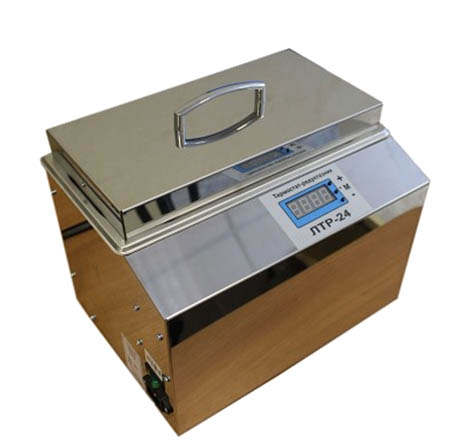Scientists compared the impact of sanctions and Trump's tweets on the ruble exchange rate US sanctions

Donald Trump’s tweets during his time as President of the United States increased the impact of new sanctions on the ruble exchange rate, a group of scientists concluded, which included Elena Fedorova, a professor at the Faculty of Economic Sciences at the Higher School of Economics, Svetlana Ledyaeva, a researcher from the Aalto University School of Business, and an employee JSC Greenatom Dmitry Afanasiev. Their article was published in the scientific publication Journal of Economic Behavior and Organization, its main conclusions were disseminated by the press service of the HSE.
The authors studied over 5,500 tweets by former US President Trump between October 2016 and August 2018, selecting 296 of them related to Russia (with keywords such as “Russia”, “Moscow”, "Kremlin", "Putin", "Medvedev", "ruble", "sanctions", "Ukraine", "Crimea", etc.). Tweets that did not directly concern Russia (and, for example, affected sanctions in general) were excluded from the analysis base. Scientists evaluated the short-term (about three days) weakening of the ruble in the international currency market.
In general, the ruble exchange rate depends on two groups of factors, the influence of which may be different in different periods of time. The first group is fundamental economic indicators (mainly the price of oil ), the second is the level of sanctions and “important political information”, which in the model of economists is reflected through the mood in Trump’s tweets. Scientists, comparing several special indices, compared the reaction of the ruble to the imposition of sanctions (the United States, the European Union and other countries) and to Trump's tweets. They concluded that those sanctions that were accompanied by Trump's negative comments "led to more serious negative consequences for the Russian ruble compared to those that did not cause a significant emotional reaction of the American president."
“These results can be interpreted in two ways. The first is that the level of severity of US sanctions on Russia (in terms of their potential negative impact on the Russian economy) and their emotional (negative) coverage on Trump's Twitter are directly related. Secondly, market players are more likely to react to the emotional component associated with sanctions than to sanctions directly,” the authors say.
“Moreover, these two interpretations may be interrelated,” they add. It can be difficult for market players to assess the potential damage from sanctions for the ruble themselves, in which case they are guided by the “emotional reaction” in the media, as well as Trump’s tweets. The US sanctions, which were not accompanied by Trump's negative comments, did not affect the ruble, the authors conclude.




























































